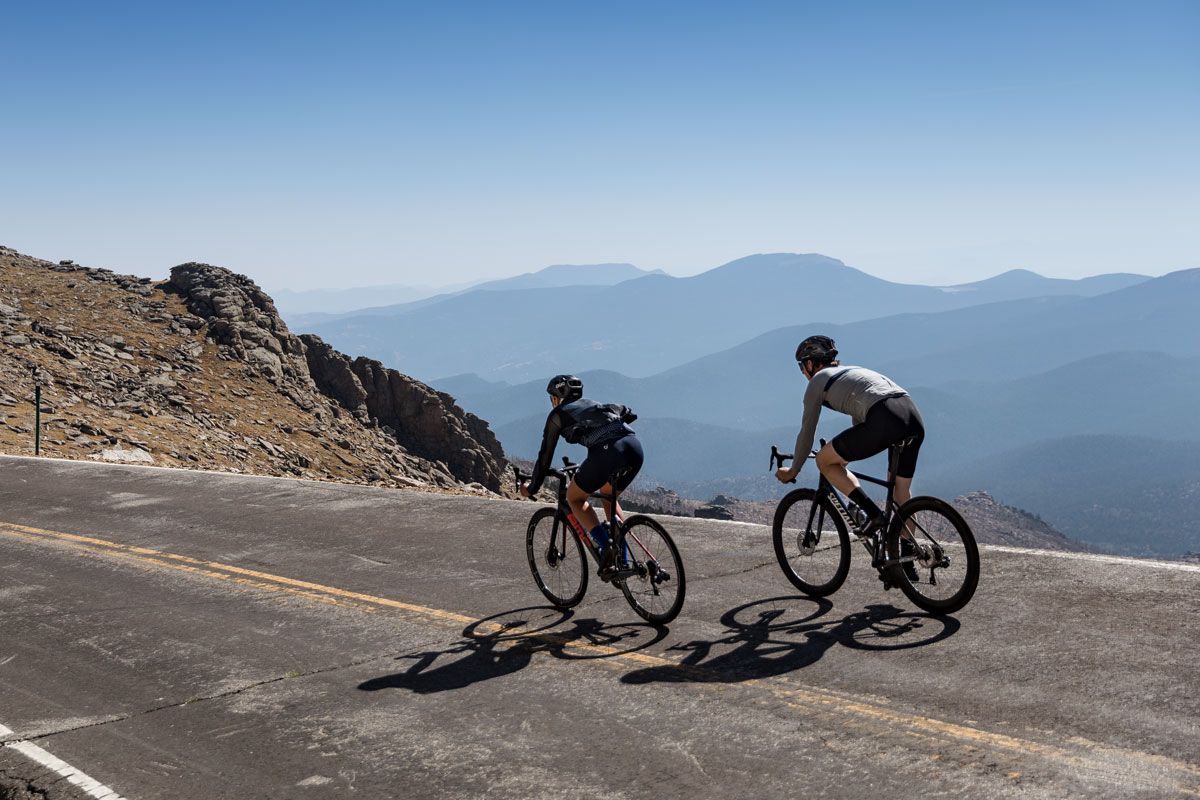OIA studies ways to make outdoor-industry supply chain greener
BOULDER — There are few industries on Earth with more motivation to reverse the impacts of climate change than the outdoor recreation sector. Without snow, there’s little need for skis.
In an effort to improve industry sustainability, the Boulder-based trade group Outdoor Industry Association, in conjunction with corporate partners, studied ways to reduce supply-chain reliance on fossil fuels.
The result was a recently released report called “Electrification of Heating in the Textile Industry: A Techno-Economic Analysis for China, Japan, and Taiwan,” written with help from members of the OIA Climate Action Corps, including Burton, New Balance, Patagonia, REI Co-op and Gore.
SPONSORED CONTENT
“The textile and apparel industry currently accounts for approximately 2% of global anthropogenic greenhouse gas (GHG) emissions,” the report said. “The sector has been growing rapidly in recent years due to increasing demand from both developed and developing countries and world population growth, which will increase its environmental and climate impacts unless effective steps are taken to abate them.”
In one of the main takeaways from the study, OIA and its partners determined that “shifting to industrial heat pumps can lead to substantial energy reductions, reduced CO2 emissions, and lower costs compared to conventional systems.”
In a prepared statement, Sarah Rykal, senior Manager of OIA’s Climate Action Corps, said, “One of the biggest issues in reducing greenhouse gas emissions in our apparel and textile supply chains is thermal energy – steam and hot water for heating processes in factories. Can we use something other than coal, natural gas, or other fossil fuels? Our study demonstrates how there is an opportunity to decarbonize thermal heating processes in apparel and textile factories in a way that reduces emissions, energy, and cost over time.”
According to Rykal, “This is the first research of its kind, and we are thrilled to now be sharing these findings with suppliers in China, Japan, and Taiwan to help increase sustainability on a broader scale. These results impact the entire fashion industry, not just the outdoor industry.”
The study found that the “total technical annual energy saving potential through the application of industrial heat pumps in textile wet-processing plants (assuming a 100% adoption rate) is estimated to be around 270, 7.0, and 7.3 petajoules (PJ) per year in China, Japan, and Taiwan, respectively. This is equal to around one-third of the total fuel used in the textile industry in these three economies.”
OIA’s research, conducted with help from consulting firm Global Efficiency Intelligence, manly studied textile supply facilities where materials are produced and finished before going into finished products, many of which are located in Asian nations.
“Electrification of process heating will play a vital role in the deep decarbonization of the textile industry and apparel supply chain when tied to renewable electricity,” GEI research director Ali Hasanbeigi said in a prepared statement. “However, it seems like not many managers and engineers in the textile and apparel companies are aware of this huge opportunity. There is certainly a need for more work in this area.”
BOULDER — There are few industries on Earth with more motivation to reverse the impacts of climate change than the outdoor recreation sector. Without snow, there’s little need for skis.
In an effort to improve industry sustainability, the Boulder-based trade group Outdoor Industry Association, in conjunction with corporate partners, studied ways to reduce supply-chain reliance on fossil fuels.
The result was a recently released report called “Electrification of Heating in the Textile Industry: A Techno-Economic Analysis for China, Japan, and Taiwan,” written with help from members of the OIA Climate Action Corps, including Burton, New Balance, Patagonia, REI Co-op and Gore.
“The textile…
THIS ARTICLE IS FOR SUBSCRIBERS ONLY
Continue reading for less than $3 per week!
Get a month of award-winning local business news, trends and insights
Access award-winning content today!





